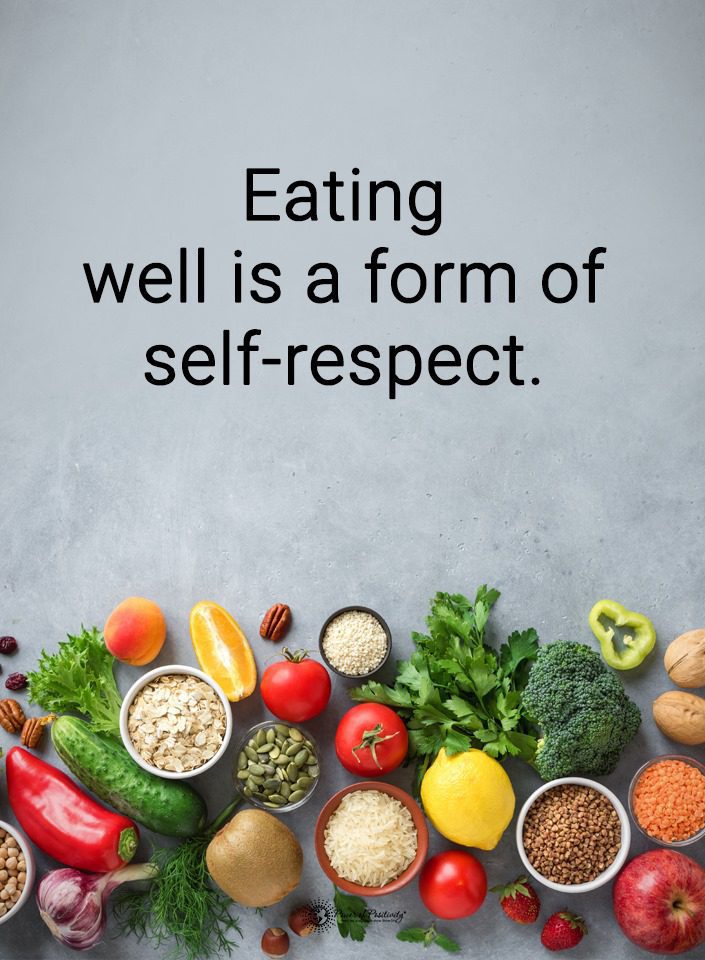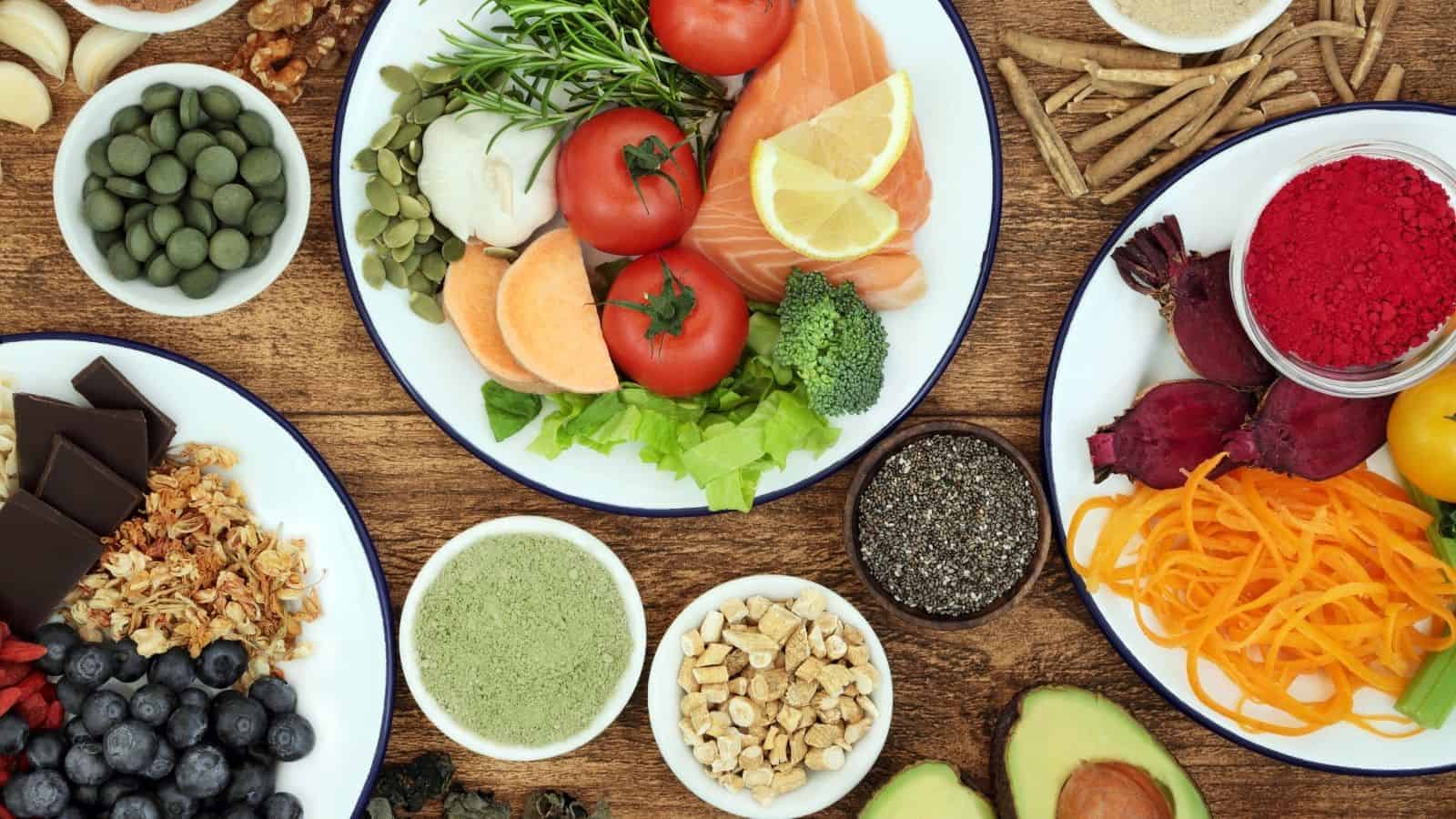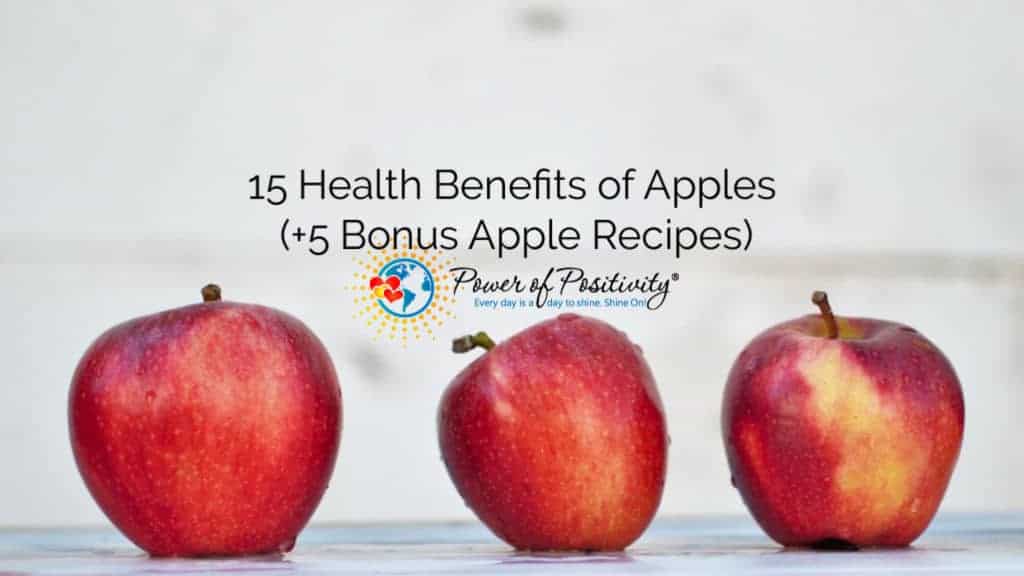It is possible to eat your way to better cognitive function. Many foods have nutrients, antioxidants, and more that can benefit your brain health. The best part is that many of them are organic.
You should be eating healthy anyway for your overall health. However, if you aren’t eating as healthy as you should, improving your brain health might be the push you need over the fence. With brain health on the decline in such a significant number of people around the world, keeping your brain sharp should be a priority.
Here are 20 organic foods that can help you with that goal. They’re separated by category to make a list easier to navigate.
Vegetables for Better Cognitive Functions
Let’s look at the organic veggies that can boost brain health.
Broccoli
Broccoli is full of vitamin K as well as other antioxidants. Vitamin K indirectly aids in cognitive function by regulating the amount of calcium that goes to the brain and the bones. Recent research reveals a special connection between calcium deficiency and Alzheimer’s disease. It seems that people with weak bones are more likely to have the APOE4 gene, which increases the effects of Alzheimer’s disease.
 Leafy Greens
Leafy Greens
Leafy greens are full of antioxidants called flavonoids and carotenoids. Research has shown that these antioxidants have superior anti-inflammatory properties. Inflammation of brain cells contributes to neurodegenerative diseases, so it’s essential to consume as much of these antioxidants as possible. Enjoy spinach, lettuce, and kale in a salad or a smoothie.
Hot Peppers
If you ever need an instant cognitive pick me up, try eating hot peppers. Hot peppers contain a substance called capsaicin. Capsaicin is what gives peppers the hotness. It sort of plays a trick on your brain. Your brain reacts to the heat by giving you a reaction as if your mouth was actually on fire. This activates your fight or flight response, prompting a release of endorphins and dopamine. This gives you the energy and alertness you’d need to survive the fake fire.
Carrots
Carrots are excellent for clearing up brain fog. It can help with acute brain fog, and research has shown that eating them regularly can fight against future brain fog associated with cognitive diseases. This is due to a flavone called luteolin. Carrots are great on salads or as a healthy snack with hummus or peanut butter.
Grains
Quinoa
Quinoa is known as a superfood because it has so many health benefits, including keeping the brain healthy. One way that quinoa does this is through essential amino acids. The human body can’t make essential amino acids but also can’t survive without them. People must get these nine amino acids from food sources. Quinoa is a complete protein, meaning it’s a significant source of all nine amino acids. Amino acids are needed for a healthy brain and to fight against cognitive diseases.
Oats
Most of the time, when you hear or read about glucose, the consensus is that glucose = diabetes. However, this is only true if you consume way more glucose than you use. Glucose is fuel for the body, especially the brain. Oats are a healthy source of glucose, which is why it makes a great breakfast food. It prepares your mind for processing visual and spatial information as well as remembering things. Plus, it releases glucose at a slow, steady rate rather than releasing it quickly, which can make your blood sugar spike.
Fruit
Berries
Barbara Shukitt-Hale, Ph.D., and Marshall G. Miller conducted a study that was published in the Journal of Agricultural and Food Chemistry about the effects of berries on brain health. They found that the antioxidants in berries help to protect cells in the brain from free radicals and other harmful substances. Berries also improve communication between neurons in the brain. Eat them as a standalone snack or blend them into a smoothie.
Avocados
Avocados are another superfood that has numerous health benefits. Luckily, your brain can significantly benefit from it. Besides having over 20 vitamins and minerals, avocados also have monounsaturated fatty acids. These fatty acids help protect cells in the brain called astrocytes, which support communication cells in the brain. Avocados are used to make great guacamole. They also go great with toast and eggs.
Oranges
Oranges and orange juice are full of vitamins and flavonoids. Studies conclude that those older adults who regularly consume the citrus fruit, or it’s juice benefit from improved cognitive functioning. Oranges are a great solo snack, or they go well in fruit salads. You could try squeezing fresh juice from the oranges. You can’t get any better than that.
Apples
Apples are great for your brain health because they are packed with antioxidants. The main antioxidant in apples is quercetin, which blocks free radicals from the brain. The peels are the best part since they contain most of the beneficial nutrients. Research shows that apples improve memory and fight against strokes. Enjoy them as a solo snack or try them in a summer salad.
Legumes
Chickpeas
Chickpeas, also called garbanzo beans, are one of the healthiest legumes you can eat. They have a substance called choline. This substance makes acetylcholine, which is a neurotransmitter for memory, mood, muscle control. It also aids in early brain development. While the body makes choline, it doesn’t make enough, so you must get the rest from food sources. Chickpeas are used to make hummus. They also go well in a variety of salads.
Lentils
Most people know that lentils are full of protein. Bodybuilders and other fitness gurus consume bowl after bowl of lentils for this reason. However, they’re also great for brain health too. Lentils have pantothenic acid, which is needed to make chemicals that help cognitive function. Lentils make a great soup. They’re also a great addition to salads and chili.
Seeds and Nuts
Pumpkin Seeds
These tiny little seeds are packed full of powerful antioxidants and nutrients that contribute to great cognitive function. They have zinc and copper, which helps nerve signaling. These seeds have magnesium, which supports learning and memory functions. Pumpkin seeds also have iron, which fights against brain fog. They may be tiny, but they pack quite the cognitive punch. Lots of people like to roast pumpkin seeds and add flavors such as cinnamon or salt & pepper.
Walnuts
Out of all nuts, walnuts are the best for cognitive function. That’s because they are a significant source of DHA, a type of Omega-3 fatty acid. This fatty acid helps to develop newborns’ brains. Some studies showed that moms who consume substantial amounts of DHA have smarter children. Consuming walnuts also helps older adults’ brains as they age. Walnuts are a great snack by themselves but are also tasty on salads.
Almonds
Almonds are an excellent choice for the same reasons that walnuts are – the DHA content. However, almonds are slightly lower in fat, so they are a healthier choice. Almonds are also more versatile than walnuts when it comes to using them in foods and recipes.
Spices
Turmeric
Turmeric contains an antioxidant called curcumin that is shown to have immense benefits for brain health. Curcumin can penetrate the brain’s barrier and help clear amyloid plaques that are known to contribute to Alzheimer’s disease. For this reason, turmeric is often used as a treatment for dementia patients. People enjoy using turmeric to make flavorful curries, but you can blend it into smoothies also.
Cinnamon
Cinnamon is fantastic when it comes to cognitive health. Just smelling it can boost your memory. It’s full of the antioxidant manganese, which aids in the development of astrocytes and synaptic neurotransmission. You only need a small amount of cinnamon, two tablespoonfuls, to get the recommend daily amount of manganese. Cinnamon is excellent for a wide variety of foods.
Other Organic Consumables
Coffee
There is a reason that coffee is such a popular drink in the mornings. It’s because the caffeine in coffee is known to give people an almost instant increase in energy and concentration. It also has a mood-enhancing effect, sometimes putting people in a “feel good” mood. Coffee can also fight against cognitive diseases like Parkinson’s and Alzheimer’s if you drink it regularly.
Dark Chocolate
Here is another food that’s rich in flavonoids. The research into the connection between dark chocolate and cognitive function is still ongoing, but preliminary investigations show that dark chocolate improves cognitive impairment. Dark chocolate makes excellent cocoa.
Green Tea
Green tea is on that list of superfoods. Besides giving you an instant caffeine boost, green tea has the amino acid called L-theanine, which provides you with a more stable type of increase than caffeine. This amino acid encourages the release of dopamine, which puts you in a good mood. Paired with caffeine, this can help you focus the gained energy into productive activities.
 Final Thoughts About Boosting Cognitive Function with Nutrition
Final Thoughts About Boosting Cognitive Function with Nutrition
It’s no surprise that the healthiest foods are the ones that provide you with brain-boosting benefits. After all, healthy foods are the ones with all the nutrients, antioxidants, and other good stuff. Plus, be sure to choose organic foods. These choices ensure that you are consuming a diet free of pesticides, chemicals, or other irritants that can harm your health.
With the mental decline of old age on the rise all over the world, it’s more important than ever to take care of your level of cognitive function while you can. These 20 organic foods are a great place to start. Incorporate them into your diet as you wish to keep your brain healthy.


















